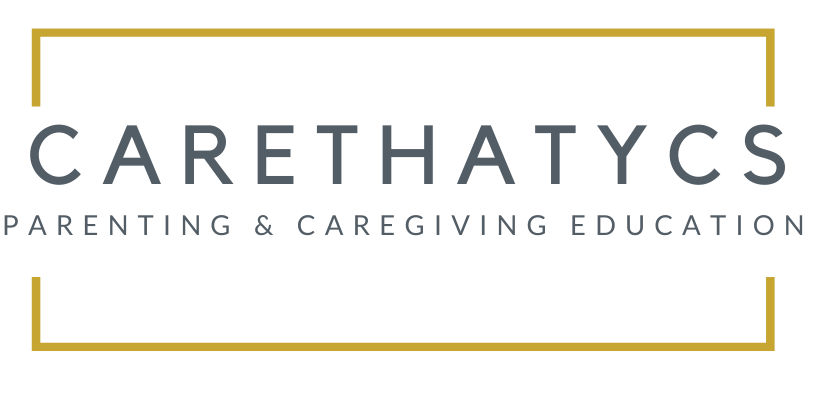There are many ways to educate your child without spanking, punishing, bribing, and still developing discipline and empathy. Yes, it is possible to establish limits and build true relationships of love and mutual trust and respect with your children. Positive discipline is an excellent method for those who seek to educate their children with respect, without coercion or intimidation, without psychological or physical violence. If you don’t already know about positive discipline, we will introduce you to it and share many of its benefits below.
Positive discipline is an educational model, both philosophical and practical, based on discipline, affection, and empathy. It is a choice on how to conduct the upbringing of your little ones, impose the necessary limits, based on dialogue and cooperation with the child.
Positive discipline works on:
- Understand that it is essential to recognize what the needs that lead children to have certain behaviors are;
- Develop self-control and self-knowledge;
- Reflect on behavior patterns;
- Teach little ones, the social and intrapersonal life skills as empathy and confidence in themselves;
- Be attuned to children’s needs e respond to them consistently and lovingly;
Positive discipline assumes that the child has the right to dignity and respect, that they are whole beings, just like an adult, and this is one of the main principles in this philosophy.
What does positive discipline not do?
Because it could seem at times too subjective or even outside of our reality for some parents, it is important to stress what is not part of the foundations of positive discipline:
- Authoritarianism;
- Permissiveness;
- Having no rules;
- Spoil
Positive discipline educates by seeking a balance through techniques such as prevention, distraction, and substitution, to direct – and redirect – the child into the desired, and proper outcome with warmth, and in a gentle way that validates the child’s feelings and struggles.
How do I use positive discipline for my child?
In order to embrace positive discipline, it is necessary that we ask yourself and reflect on all the obstacles and difficulties that we face when educating a child about these five pillars:
- Is it respectful? In the same way that we want the child to respect us and respect others, we must also respect them. As we know, children learn by example.
- Do you discipline – teach – in a way that works on your child’s sense of acceptance and importance? Every human being seeks to be accepted, loved, and to be important to the people around them; many children will often show undesired behavior to get attention and/or because they do not feel loved.
- Is this way of educating effectively in the long run? Does it bring any positive point to the child when they become bigger kids or young adults?
- Does it help your child to deal socially with the people in their lives? Does it help to build their character and have values such as empathy, self-esteem, responsibility?
- Does it encourage the child to discover their abilities and use their skills in useful ways?
These questions are important, as these principles are part of positive discipline. If you implement them, even if gradually, you will see how your relationship with your child will improve and, at the same time, that it will become more solid and lighter.
Tips for getting cooperation in the positive discipline
Empathy: Be honest and truthful. Share with your child what is that you believe they are feeling and how you understand them. Validate their feelings. Use personal examples, talking about when you felt like this in the past to connect with them.
Motivation: you can help your child think about how to improve their performance at school, find out what they like and what skills they are good at, for example. Give the child autonomy to find out for themselves or help them if they need it by giving some suggestions, knowing, though, ultimately, the choice is always theirs.
Educational games: if the child does not want to do something they are responsible for, try to make it fun and involve them in the activity with games. There are always ways to lighten up the load, so to speak – activities that are fun and teach something to the little ones.
Finally, let’s share something that was probably not part of, or was not the focus at the time we were raised:
Important skills to be developed in the child
There are 7 life and social skills that are significant and necessary for the development of capable people, described by Jane Nelsen, the creator of positive discipline. They are:
- Strong perception of personal skills – “I am capable”;
- Strong perception of their importance in close relationships – “I contribute significantly and I am genuinely needed”;
- Strong perception of their personal power or influence on their own life – “I can influence the things that happen to me”;
- Strong intrapersonal ability: the ability to understand their own emotions and use that understanding to develop self-discipline and self-control;
- Strong interpersonal skills: the ability to work with others and develop friendships through communication, cooperation, negotiation, exchange, empathy, and active listening;
- Strong systemic ability: the ability to deal with the limits and consequences of everyday life with responsibility, adaptability, flexibility, and integrity;
- Strong assessment: the skills and ability to use wisdom to assess situations according to appropriate values.

